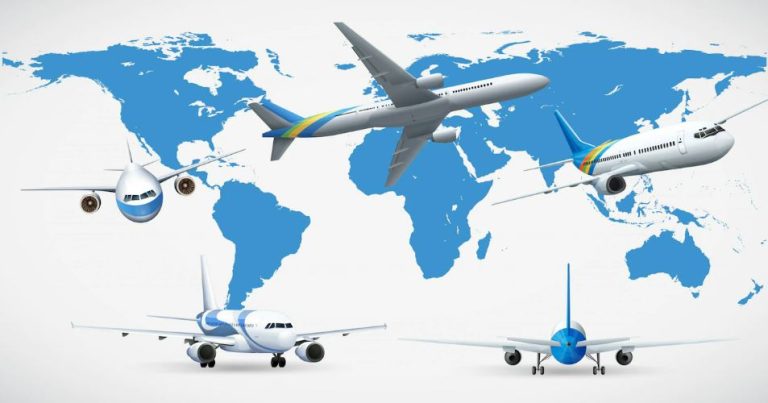Air freight, also known as air cargo, plays a pivotal role in the global supply chain, allowing for the rapid transport of goods between countries and continents. This mode of transport has grown significantly over the years, driven by globalization and the increasing demand for just-in-time delivery. In this article, we will explore the key aspects of air freight, including its advantages, challenges, and future prospects.

( Picture: alstraining.edu.vn )
Advantages of Air Freight
1. Speed: One of the most significant advantages of air freight is speed. Air transportation is the fastest way to move goods over long distances. While shipping by sea can take weeks, air cargo can deliver items within days, making it ideal for urgent shipments.
2. Global Reach: Air freight services connect countries and continents, enabling businesses to expand their markets and reach customers in remote areas. This global networking is essential for companies looking to tap into new opportunities.
3. Safety and Security: Air transport is considered one of the safest modes of transportation. Airports and airlines adhere to strict security measures, ensuring that goods are protected throughout their journey. Additionally, the risk of damage or theft is lower compared to other forms of transport.
4. Flexibility: Air freight offers flexibility in terms of cargo types. It can accommodate a variety of goods, including fragile items, perishable products, and high-value merchandise. This flexibility allows businesses to transport items that require special handling or strict temperature controls.
Challenges of Air Freight
1. Cost: While air freight is fast, it is also the most expensive form of transportation. High fuel prices and airport fees can lead to significant shipping costs, which may not be feasible for all businesses, particularly small and medium enterprises.
2. Limited Cargo Space: The capacity of cargo aircraft is limited compared to that of freight ships. This constraint can result in higher shipping costs, especially for larger shipments or bulk goods.
3. Regulatory Compliance: Air freight is subject to strict international regulations, including customs procedures and safety standards. Navigating these regulations can be complex and time-consuming for businesses, requiring a thorough understanding of compliance requirements.
4. Environmental Concerns: The aviation industry contributes to greenhouse gas emissions, leading to increasing pressure for more sustainable practices. As companies seek to reduce their carbon footprint, the environmental impact of air freight is a growing concern.
The Future of Air Freight
Despite the challenges, the future of air freight looks promising. Advances in technology are driving efficiency and improving logistics processes. Innovations such as automated systems, drone deliveries, and improved tracking capabilities are expected to enhance the air cargo industry.
Additionally, as e-commerce continues to grow, the demand for fast and reliable shipping solutions will also rise. The COVID-19 pandemic has accelerated this trend, with more businesses recognizing the importance of air freight to maintain supply chains and fulfill customer expectations.
In conclusion, air freight remains a vital component of global trade. Its speed, security, and flexibility make it an attractive option for businesses looking to compete in today’s fast-paced market. While challenges persist, ongoing advancements in technology and logistics practices will likely shape the future of air transportation, making it an exciting field to watch.
